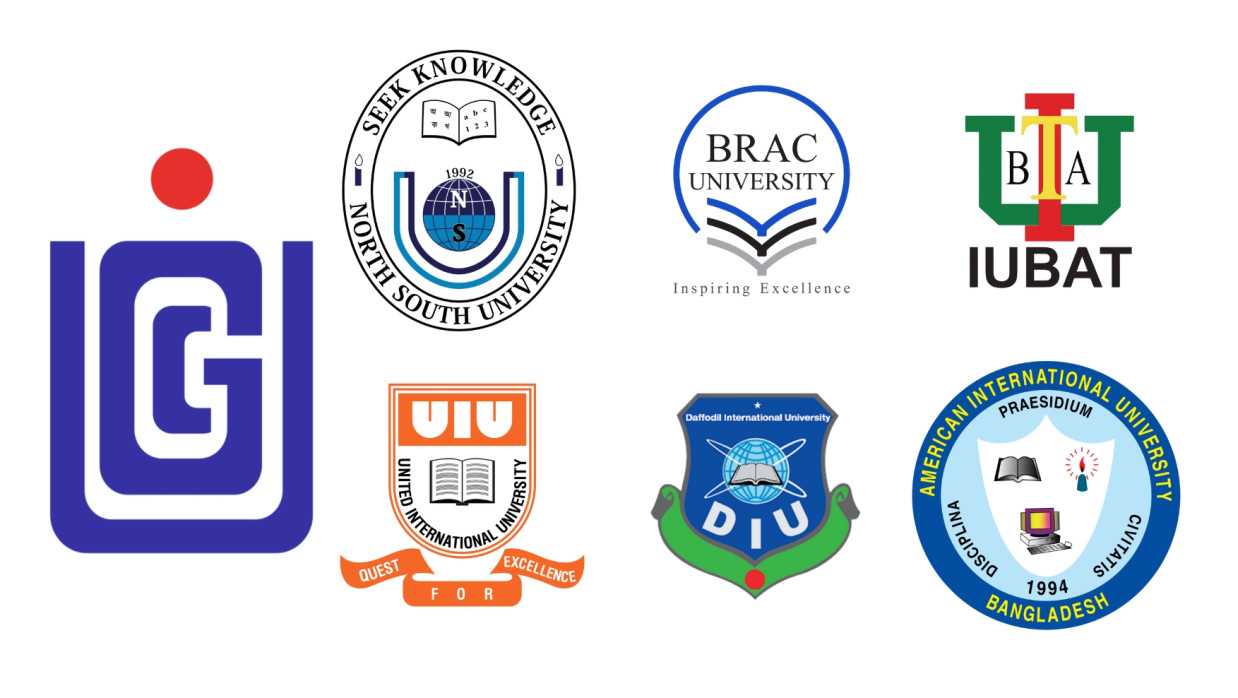
Global Top 2% Scientists List
North South, BRAC Tie for Top Spot Among Private Universities in Research
- TDC Report
- ২২ সেপ্টেম্বর ২০২৫, ১৮:৪৬

In a proud moment for Bangladesh’s private higher education sector, North South University and BRAC University have emerged as joint leaders among private institutions in the prestigious list of the world’s top 2% scientists, released by Stanford University and Elsevier on September 19. Each university has secured spots for 10 researchers (faculty members), closely followed by the International University of Business Agriculture and Technology (IUBAT) with seven.
The global ranking, compiled based on research publications, citations, h-index, consistency, and co-author impact, features 286 researchers from Bangladesh, representing 72 institutions, including universities and research organisations.
North South and BRAC Universities have consistently excelled, with each contributing 10 researchers to the elite list. IUBAT follows with seven researchers, while American International University, Bangladesh and Daffodil International University each have five. United International University (UIU) and Southeast University each secured three spots, and the University of Asia Pacific (UAP), Bangladesh University of Health Sciences, and East West University each have two researchers featured.
Single-researcher representation comes from Bangladesh Army University of Science and Technology, Green University of Bangladesh, Independent University, Bangladesh, International Islamic University Chittagong, Primeasia University, and the University of Development Alternative (UODA).
Among public universities and research institutions, Dhaka University tops the national list with 23 researchers, followed by the International Centre for Diarrhoeal Disease Research, Bangladesh (icddr,b) with 18, and Rajshahi University with 17. Bangladesh University of Engineering and Technology (BUET) contributes 15 researchers, and Bangladesh Agricultural University has 12.
Other notable institutions include Bangladesh Atomic Energy Commission (5 researchers), Bangladesh Council of Scientific and Industrial Research (BCSIR) (4), Begum Rokeya University (3), Chittagong University of Engineering and Technology (CUET) (4), Dhaka University of Engineering and Technology, Gazipur (DUET) (3), Jahangirnagar University (8), Khulna University (7), Khulna University of Engineering and Technology (KUET) (4), Maulana Bhasani Science and Technology University (5), Noakhali Science and Technology University (6), Pabna University of Science and Technology (5), Shahjalal University of Science and Technology (8), Sher-e-Bangla Agricultural University (4), Sylhet Agricultural University (3), and Chittagong University (6).
Additional contributions come from Bangladesh Medical University (3), Bangladesh Specialized Hospital (1), Bangladesh Health Professions Institute (1), Bangladesh Institute of Nuclear Agriculture (1), Bangladesh Jute Mills Corporation (1), Bangladesh Rice Research Institute (1), Biomedical Research Group (1), Centre for Environmental and Geographic Information Services (CEGIS) (1), Chittagong Veterinary and Animal Sciences University (1), Department of Health (1), Dhaka Shishu Hospital (1), Evince Health (1), Gopalganj Science and Technology University (1), Hajee Mohammad Danesh Science and Technology University (3), International Maize and Wheat Improvement Center (3), Islamic University of Technology (IUT) (3), Islamic University (2), Jagannath University (3), Jamalpur Science and Technology University (1), Jessore University of Science and Technology (9), Military Institute of Science and Technology (3), National Institute of Textile Engineering and Research (NITER) (1), Patuakhali Science and Technology University (2), Pure Earth (1), Rajshahi University of Engineering and Technology (4), Rangamati Science and Technology University (2), South Asian Institute for Social Transformation (1), and Tayrunnessa Memorial Medical College (1).
The inclusion of 286 researchers from Bangladesh in the global top 2% underscores the growing research prowess of the country’s academic and scientific community. With both private and public institutions making significant contributions, this achievement highlights Bangladesh’s potential to drive innovation and address global challenges through cutting-edge research.